Guide To The Top Heart-Healthy Foods
When it comes to helping the body run well, eating the proper food is important. not only does eating healthy help individuals maintain a healthy weight and reduce excess fat, but also helps boost energy, ward of colds and other illnesses, are more. Additionally, it's key to note the heart needs all of the support it can get to continue pumping blood efficiently. An individual’s blood flow is how oxygen and other important nutrients get transported to various parts of the body. This means being educated on the right foods to eat for proper heart health can be very beneficial in the long run.
Berries
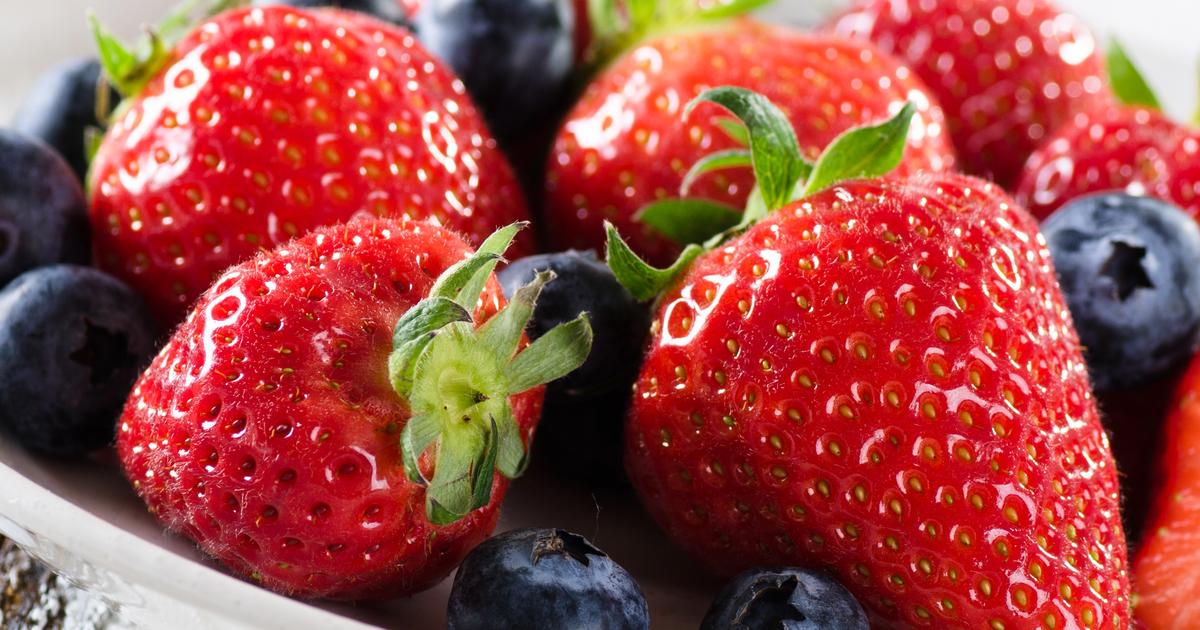
Whether they are strawberries, blueberries, acai berries, or any of the countless others, berries are known for promoting heart health. Most berries are known for being high in fiber and rich in vitamin C, which are both great for helping the body function normally. On top of this, some berries, such as blueberries, are known for widening the arteries, which helps blood flow through them more efficiently.
Incorporating berries into meals is easily done. Mix them into cereal or yogurt to start the day off on a healthy note. Otherwise, baking them into a pie or crisp is a fun way to incorporate them into a meal when a few extra calories can be afforded. If all else fails, most berries are delicious eaten plain. Just be sure to wash them first!
Dark Chocolate

Chocolate contains a lot of good qualities that can help improve an individual's heart health. Dark chocolate is known for containing antioxidants, which protect the heart from harmful diseases and ailments. On top of this, dark can lower blood pressure, which does wonders in helping the heart run much more efficiently.
An important thing to remember when deciding to incorporate more chocolate in the diet is the darker the chocolate is (indicated by a higher percentage of cacao or cocoa on the bar), the more benefits the body will receive. White and milk chocolate are far less effective as far as preventing heart issues. Dark chocolate is great eaten plain or put in cereal, but can also be incorporated into certain meals, such as chili or dips, to boost flavor.
Nuts
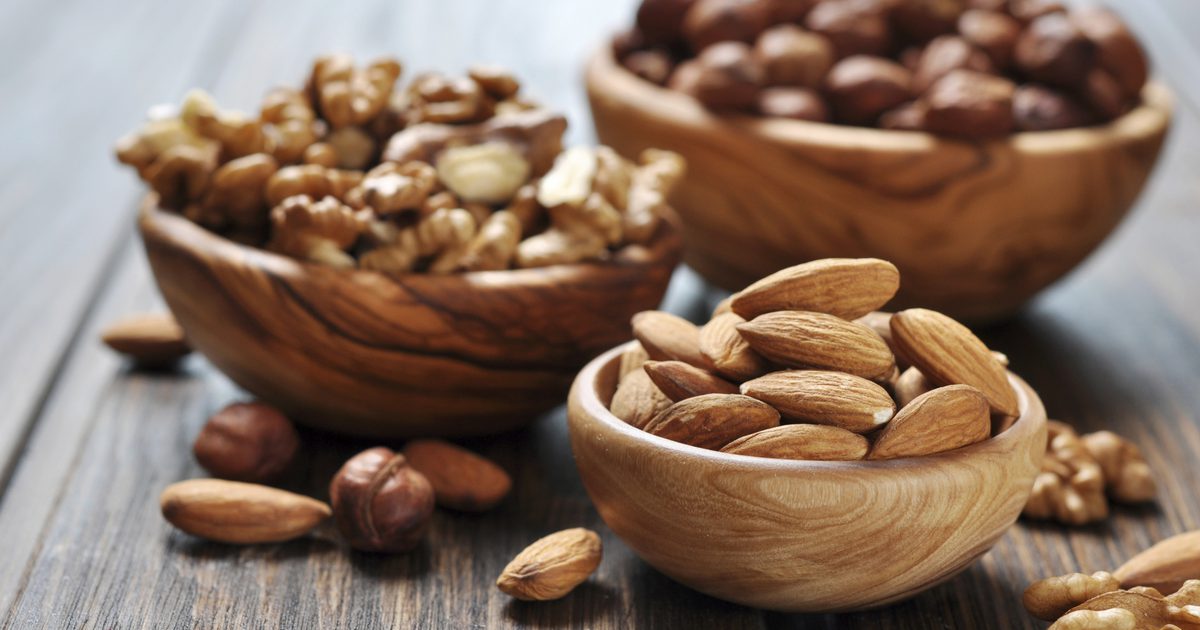
Many know nuts are a healthy and filling snack to munch on between meals. Yet, their benefits do not stop there. Nuts are great for heart health and are known for keeping cholesterol levels low. Their high levels of nutrients help the body run better as a whole, and they offer a good source for gaining the recommended daily amounts of fiber.
There are certain nuts better at improving heart health than others. Almonds, pistachios, walnuts, and peanuts are four known for lowering the risk of obtaining harmful heart conditions. Snacking on nuts throughout the day is good for keeping the diet in check. Otherwise, they can easily be thrown into salads, stir-frys, or countless other meals.
Red Wine

Excessive amounts of alcohol are never good for the mind or body, but consuming certain kinds in moderation can provide various health benefits. When it comes to improving heart health, red wine is known for containing antioxidants that help keep the heart pumping efficiently. This lowers the risk of developing heart disease and other health issues.
Abusing alcohol can lead to serious health risks, such as high blood pressure, weight gain, strokes, and various forms of cancer. It can also lead to behavioral issues and cause damage to valued personal relationships. Keeping it down to one or two glasses a day is best for improving heart health. Any more will start producing more negative results than positive.
Dark Greens

Spinach, collard greens, and broccoli are just a few of the many green vegetables that offer great benefits as far as heart health. They help keep blood pressure levels stable and contain good fiber, which keeps the body functioning normally. Eating healthy vegetables also works to keep weight at normal levels, which will help the heart pump at an efficient and normal pace.
There are countless ways to incorporate vegetables into various meal plans. Whether served as a side dish, thrown into a salad or baked into a casserole, simply doing a web search for healthy recipes will offer countless options for any meal. There is no excuse for not incorporating greens into any diet.
Whole Grains
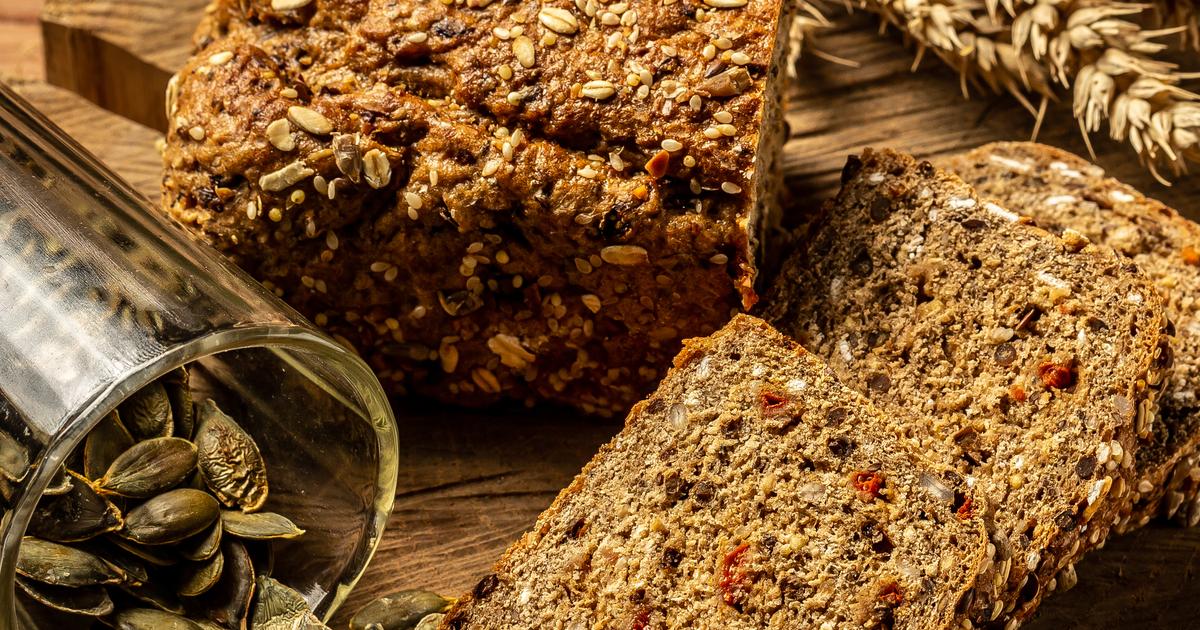
Whole grains are good for regulating cholesterol levels, which will help the heart circulate blood more efficiently. Studies have shown incorporating whole grains into a diet plan lowers the risk of getting a heart attack or having various forms of heart failure. It also provides a healthy source of fiber, which helps the entire body.
There is a wide variety of whole grain bread offered in today’s marketplaces. Whole grain pasta or rice is also easily incorporated into any meal. Most products nowadays have whole grain options that allow the opportunity to make healthier versions of family-favorite meals, thus improving heart health, while maintaining flavor.
Beans
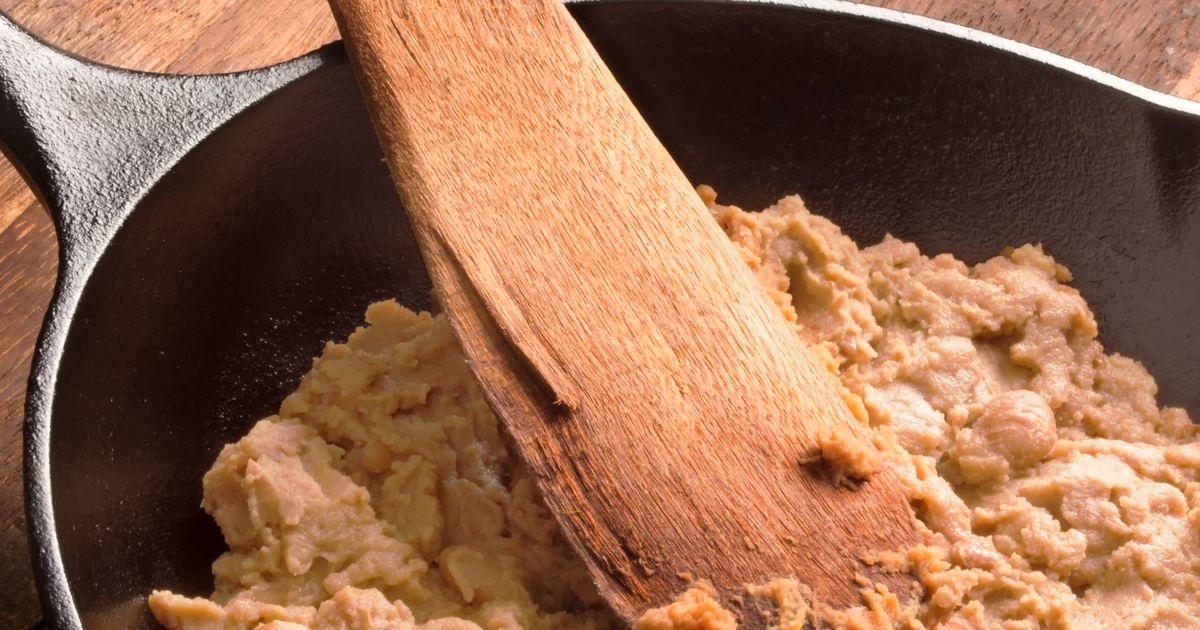
There are various ways that beans work in the body to boost heart health. They lower cholesterol and blood pressure, thus reducing the risk of obtaining heart disease. They also keep insulin levels stable, which decreases the likelihood of getting diabetes and keeps the body running efficiently. On top of all that, they are filled with vitamins and nutrients that are good for the heart, mind, and body.
Beans can easily be put into salads, served on top of rice, or baked into countless soups or casseroles. Also, since they are so high in fiber and other nutrients, they count as a vegetable. At least five servings of fruits and vegetables are recommended to eat per day, so incorporating beans into a meal will add to the daily tally.
Coffee
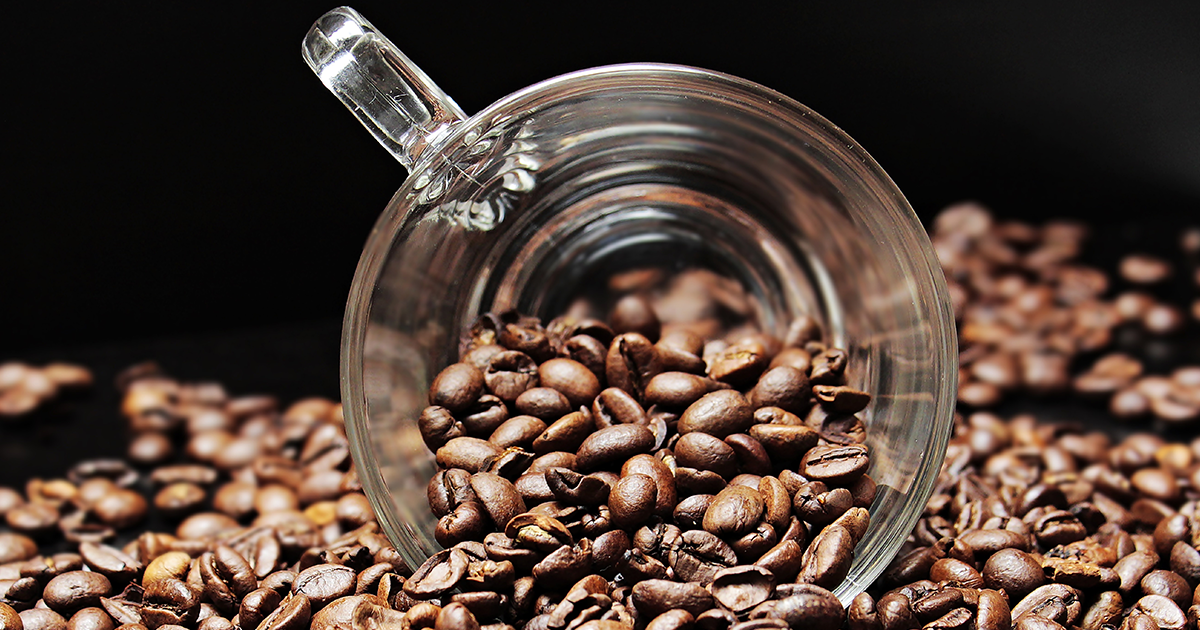
The benefits of having a cup or two of coffee per day are becoming more widespread. On top of boosting metabolism and lowering the risk of diabetes, coffee may provide good nutrients for the heart, as well. There have been links found between coffee consumption and improved blood flow, thus easing the pressure put on the heart.
As with alcohol, coffee is something that should be consumed in moderation. Once an individual gets past two cups, the negative side effects can outweigh the positive ones. A good suggestion would be to drink half a cup in the morning and half a cup in the afternoon. That will offer a couple boosts throughout the day while keeping caffeine levels low.
Fish
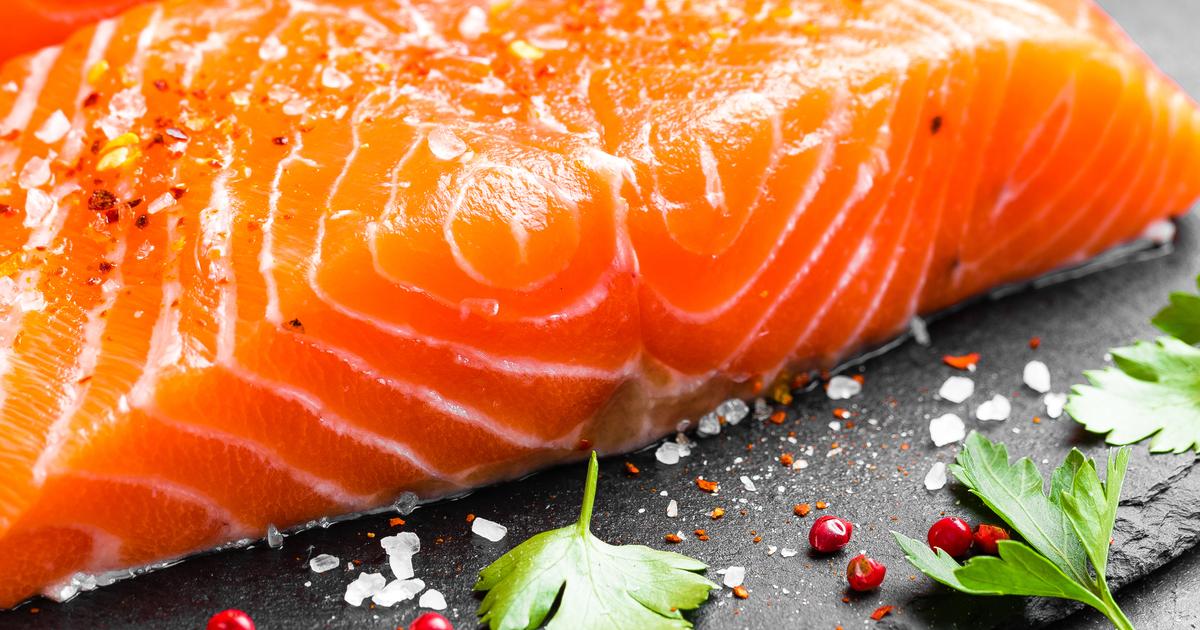
Many fish are extremely high in omega-3 fatty acids, which are great for boosting an individual's heart health. On top of that, fish contain lots of key vitamins and nutrients the body needs to run smoothly. The best ones for the heart are salmon, mackerel, tuna, and sardines. Fish also add a great source of protein every diet needs.
The best way to cook fish is to steer clear of fatty breading and heavy oils. Instead, seasoning them, then cooking them in a skillet with a little bit of olive oil will offer a much healthier alternative. Pair it with a side of vegetables or beans to have a meal filled with heart-healthy nutrients.
Flaxseed
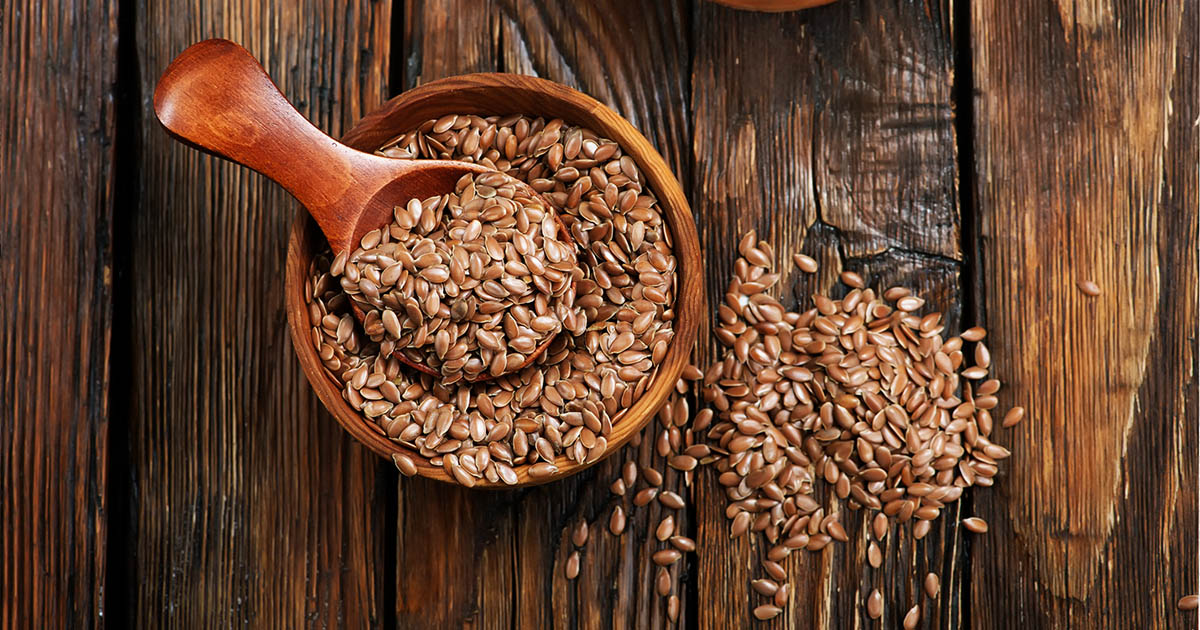
Flaxseed is incredibly healthy and has been part of the human diet for at least five thousand years. Originating in the Middle East, flaxseed was suspected to have health benefits by early medieval Europeans. As it turns out, they were right. Modern science has demonstrated flaxseed has extraordinary health effects, especially for the heart. The main health benefits of flaxseed come from its high alpha-linolenic acid content. Alpha-linolenic acid (ALA) is an omega-3 fatty acid. Research has shown ALA can help prevent or improve the symptoms of heart disease. Consuming a diet high in flax has been shown to significantly reduce the buildup of plaque in the arteries. Some studies have also indicated flax can help improve the efficiency of the heart. Similar benefits can be reaped by consuming the omega-3 fatty acids found in fish, but not everyone can eat fish! Flaxseed is a fantastic alternative for vegetarians and others who do not eat fish to get heart-healthy omega-3 fatty acids in their diets.
Oatmeal
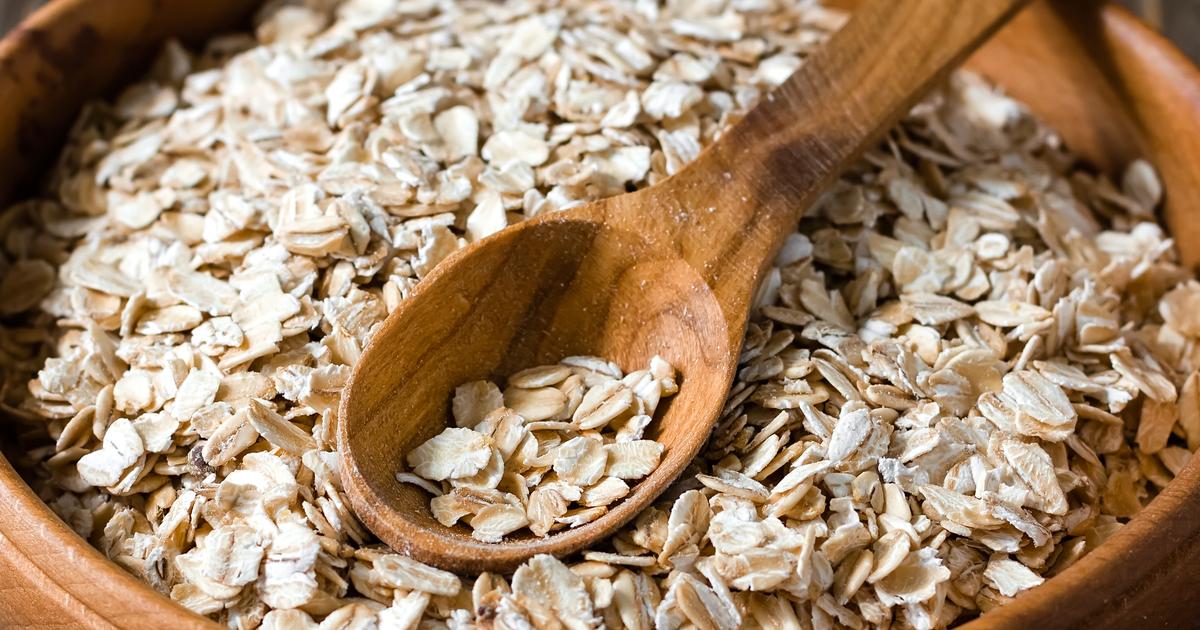
Oats are high in beta-glucan, which is a type of soluble fiber. Research has demonstrated beta-glucan is effective at reducing low-density lipoprotein (LDL) cholesterol, which is often called the 'bad' cholesterol because too much of it can lead to cardiovascular disease. Beta-glucan lowers LDL cholesterol by blocking the ability of the small intestine to absorb cholesterol. This also lowers total blood cholesterol. Eating oatmeal on a regular basis can decrease LDL cholesterol levels by as much as seven percent. Consuming about three grams of beta-glucan per day is thought to be ideal for preventing heart disease. This comes out to about sixty grams of dry oats, or about three-quarters of a cup.
Avocados
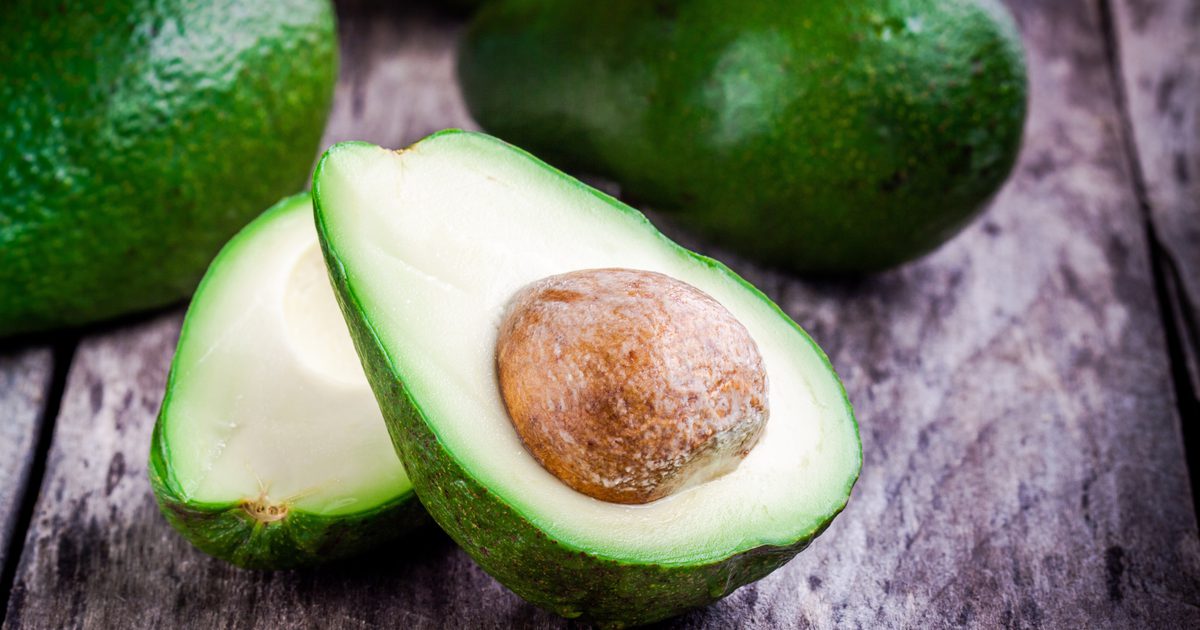
Avocados improve heart health in three major ways. One of these is they provide a large dose of oleic acid. This monounsaturated acid reduces inflammation in the cardiovascular system. Avocados also contain copious amounts of potassium, which is a vitamin most individuals do not get enough of in their diets. One serving of avocado provides fourteen percent of an individual's daily recommended intake of potassium. Potassium helps keep blood pressure at a normal level. This is good for the heart because high blood pressure can lead to an increased risk of heart attacks. Consuming more potassium can protect against this. Finally, avocado consumption has been linked to lower total cholesterol and LDL cholesterol levels.
Garlic
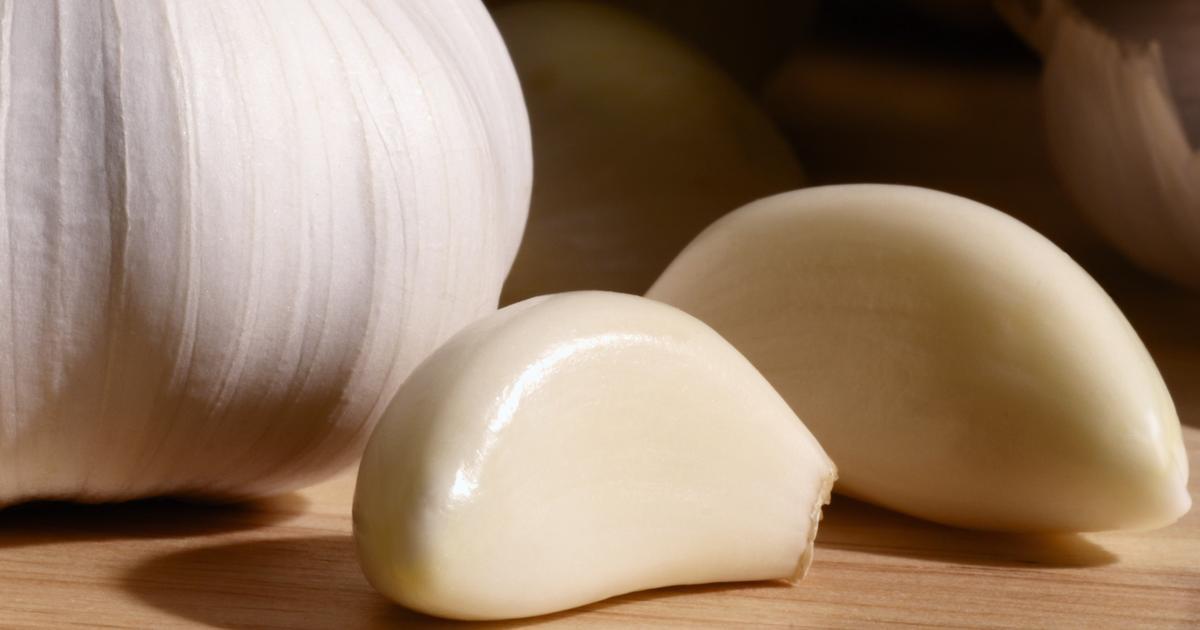
Garlic has several profound health benefits that positively affect the heart. One is it lowers blood pressure in individuals who have high blood pressure. Studies have demonstrated supplemental garlic in high doses can actually work as well as beta blockers, a commonly prescribed group of medications used to lower blood pressure and prevent heart attacks. Garlic also reduces artery-clogging low-density lipoprotein cholesterol while having no effect on beneficial high-density lipoprotein cholesterol levels. Finally, it has been shown to improve symptoms in heart disease patients. Specifically, it reduces the peak heart rate of these patients, which allows the heart to work more efficiently. An efficient heart is a healthy heart, and it allows a patient to exercise more intensely as well as enjoy daily activities without getting out of breath.
Soy
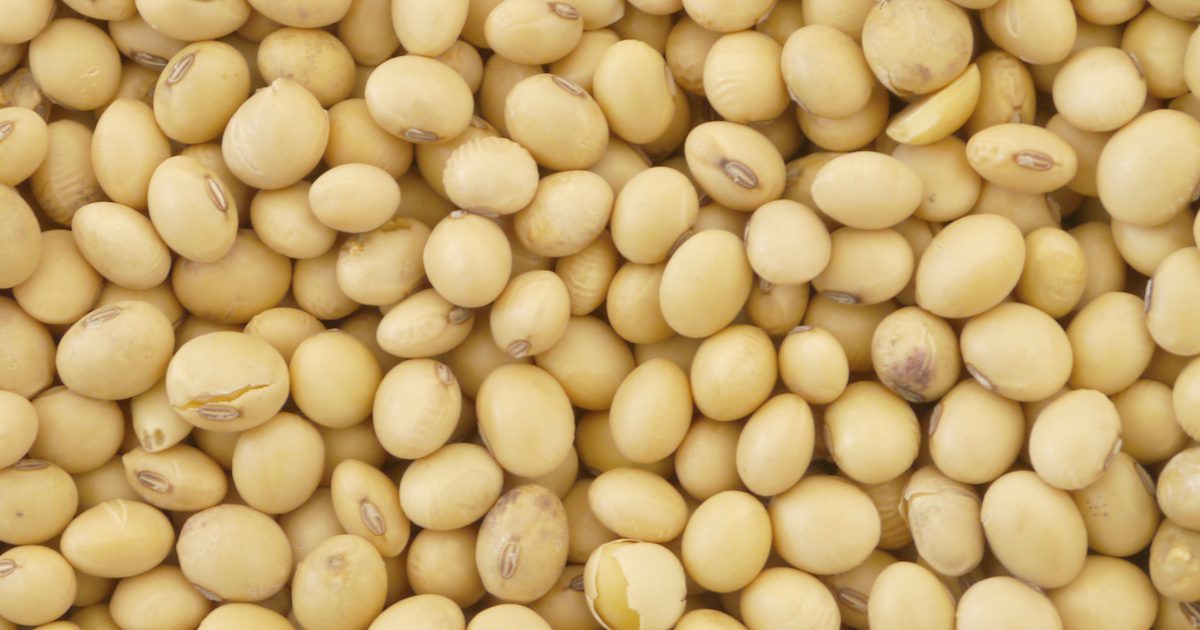
Foods containing soy can serve as great replacements for other less healthy choices. Soy options are generally lower in fat and contain many vitamins and nutrients that contribute to overall health. By incorporating more soy in the diet and cutting out foods high in qualities known for slowing the heart down, blood pressure levels may drop, along with the risk of heart disease and heart failure.
There are many ways soy can be incorporated into any diet plan. There are a variety of soy milk and yogurts offered in most grocery stores. Otherwise, soybeans make a great addition to any meal, as well as various types of soy meats, such as hamburgers or hot dogs.
Chia Seeds
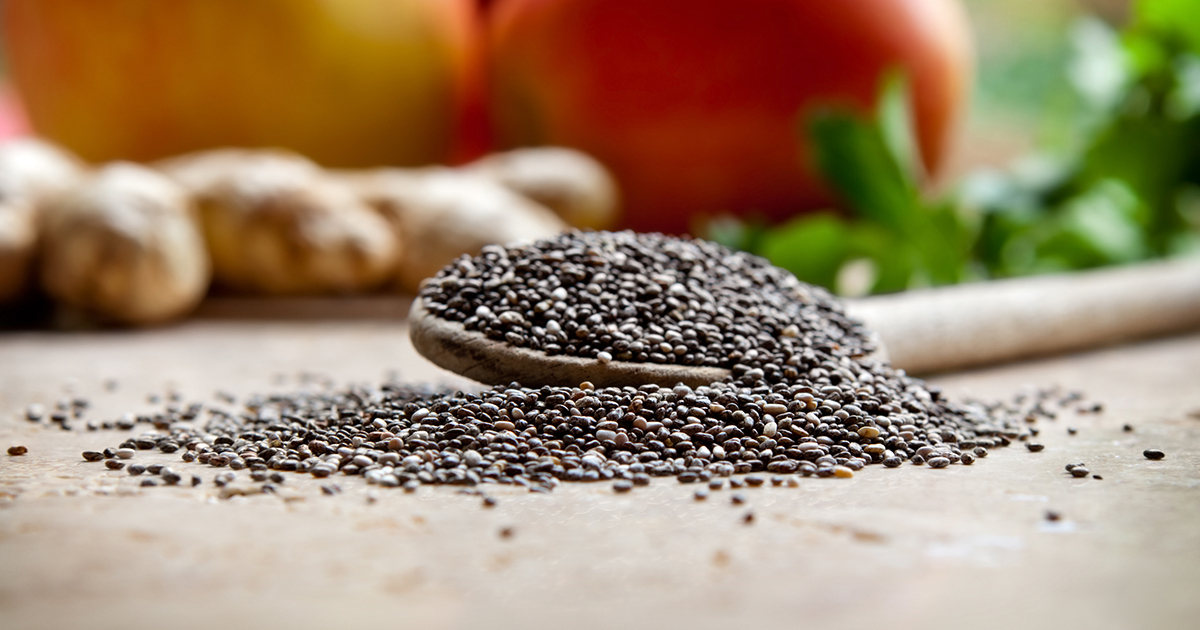
Chia seeds lower LDL cholesterol and raise HDL cholesterol and also help regulate blood sugar. This is important for heart health because high blood sugar can increase an individual's risk of getting heart disease. Another factor that makes chia seeds heart-healthy is their ability to reduce chronic inflammation in the body. Inflammation puts a lot of strain on the heart, and it can lead to heart disease if the inflammation continues for too long. Researchers often measure levels of proteins called inflammatory markers to gauge how much inflammation is going on in an individual's body. Studies have shown eating chia seeds can reduce levels of these inflammatory markers in the blood. One such study measured changes in a marker called hs-CRP while subjects consumed thirty-seven grams of chia every day. The study found the subjects' hs-CRP levels went down by a whopping forty percent, on average, over the course of three months.
